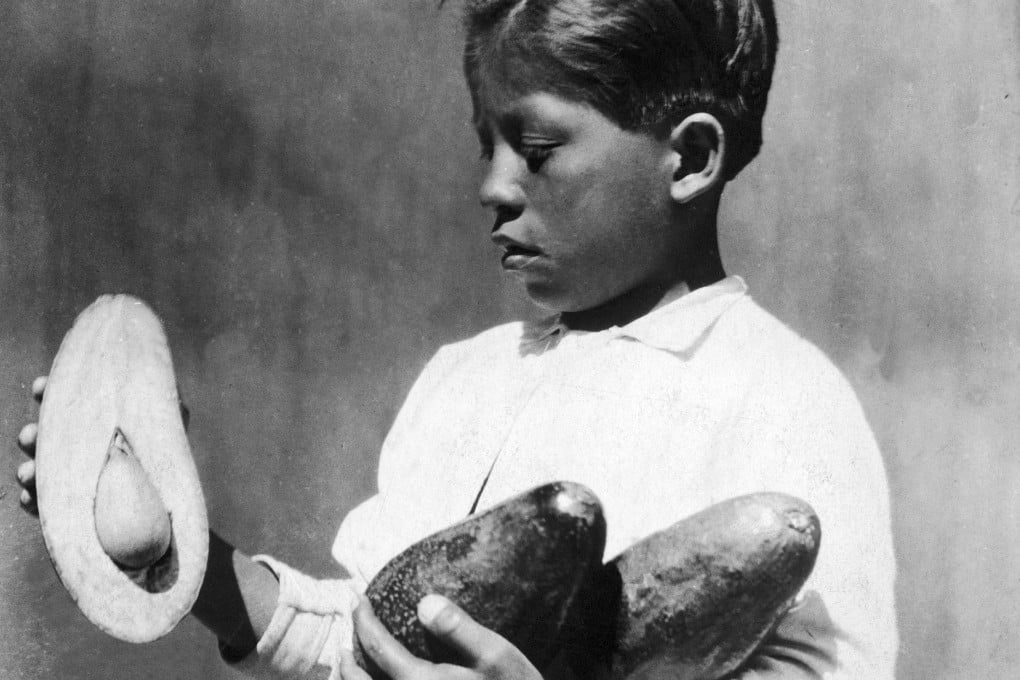Language Matters | From the Aztecs to avo, the scoop on ‘avocado’ and ‘guacamole’ – its tropical American origins and how alligator pear entered the mix
- Avocados are grown around the world, but the word’s etymological origins are with Central America and the Aztecs.
- The word āhuacatl comes from the Aztecs’ Nahuatl language, while guacamole is derived from combining that word with the one for ‘sauce’ (molli)

Avocados are popular around the world as a nutritious ingredient in recipes from breakfast to dessert. Flourishing avocado industries can be found in Mexico, California, Israel, Kenya, Indonesia and Australia. The origins of plant and name are, however, located in a very specific geography and history.
Native to the highland regions from south-central Mexico to Guatemala, their existence in the wild tracing back 10,000 years, avocados were domesticated in tropical America possibly 5,000 years ago, long before the Spanish conquest. It was there, in the 16th century, that Europeans first encountered them.
It is unsurprising that its name has origins in Nahuatl, the language of the Aztecs and most of the inhabitants of central Mexico at the time of European arrival (and still spoken by 1.7 million Nahua peoples in Mexico and the United States). The Nahuatl word was āhuacatl, descending from the proto-Aztecan *pa:wa. The fruit’s evocative shape led to āhuacatl also being used metaphorically or euphemistically for “testicle”.
Early 16th century Spanish accounts of this commonly grown fruit in northern South America (then called Tierra Firme) provide detailed descriptions of form and flavour. Pedro Cieza de León, Spanish conquistador and chronicler of Peru, was the first to use in print the Spanish form of the Nahuatl name, aguacate – as well as the Quechua-derived name, palta – in his observations of the fruit’s occurrence, in 1550.

Aguacate, probably by analogy with the more familiar Spanish word avogato “advocate, lawyer”, became avocado. The Spanish word was subsequently adopted into English. British explorer William Dampier’s 1697 A New Voyage Around the World described the “Avogato Pear-tree […] as big as most Pear-trees […] the Fruit as big as a large Lemon”.

